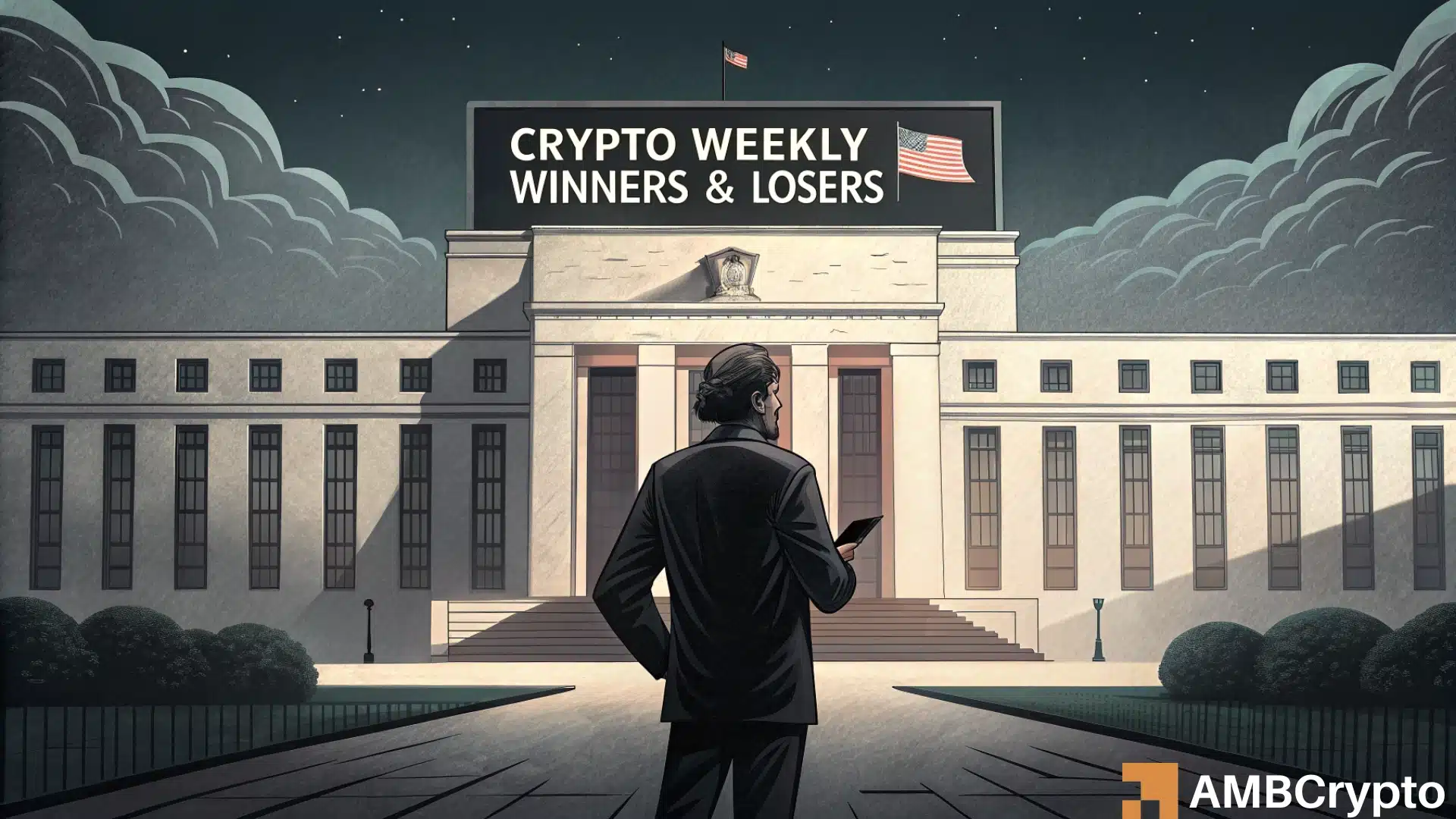
Financing public goods and profitability are not necessarily contradictory. This is a lesson that Gitcoin, the Ethereum-based decentralized crowdfunding project, is putting into practice as it overhauls its operational structure and announces major changes to its focus.
fundamental reform
The community-led project has opted to eliminate Layer 2, the Public Goods Network, and focus on supporting technology development through grants.
“The story around Gitcoin has been centered around supporting public goods and funding impactful projects,” executive director Kyle Weiss told CoinDesk.
“Our mission to fund public goods still feels like the soul of this DAO (decentralized autonomous organization),” he said, but its methods and strategies have been significantly reworked. There is. In short, Gitcoin is becoming more capitalist.
In addition to consolidating several teams under a new business unit and giving more decision-making power to Meg Lister, who has been elevated to lead the revamped Grants Labs, Gitcoin is moving away from commercial projects. They no longer shy away from opportunities to generate income by investing and allocating their capital to various DeFi yield strategies. “We need capital to fund public goods,” Weiss said.
“I think it’s important to build in profitability, even if it’s just for sustainability,” said Azeem Khan, Gitcoin’s former head of impact.
“That's one of the things I really pushed for, and I used to joke that I'm the most capitalist person at Gitcoin. It's really important to find ways to create sustainability so that good things can continue. I think that's the case.”
One of the motivations for revamping operations was the realization that a fully remote and geographically dispersed workforce was becoming difficult to manage.
focus
However, Gitcoin itself was beginning to lose its focus and, in retrospect, was venturing into many areas that did not add to its core mission.
“Product market・This is because I was unable to achieve “Fit”.
Similarly, Weiss says the DAO's decision-making and business processes were counterproductive (Khan describes Gitcoin as a startup).
To balance that out, Lister has been given some decision-making power, albeit somewhat contrary to the ideal of community-driven decision-making.
“The majority of our decision-making still goes through token holders,” Weiss added, but there is a new emphasis on efficiency and consistency.
“We want to make sure our technology teams continue to deliver value and execute,” Weiss said.
“To develop software, you need a high-context team. You need an organization to rally around that.”
As manager, Lister said he will focus more directly on Web3's grant program. Founded by Token Project, it is a large ecosystem fund that distributes capital to startups that want to develop on emerging chains like Optimism, Polygon, and Base.
“These grant programs have grown significantly in recent years and are playing an important role in the development of the Ethereum ecosystem…[but]we are still in the early stages of identifying best practices and evaluating impact,” Lister said. he said.
In other words, Gitcoin is leveraging its grant-making expertise to help other funds better allocate capital.
“Running a grant program can be really challenging for a team. There's a pretty steep learning curve,” Weiss said.
However, he added that Gitcoin still aims to maintain “credible neutrality” and will not favor one chain over another.
“Gitcoin has evolved from being a place to get grants and instead becoming the underlying infrastructure for all grants distributed in this ecosystem,” Khan said.
Exploring
Ultimately, Gitcoin's “big, difficult, audacious goal” is to distribute more than $1 billion (approximately 148 billion yen, equivalent to 148 yen to the dollar).
Weiss said there is no firm timeline for this yet, and the team is still figuring out “what's possible.”
To date, Gitcoin Grants has donated over $56 million. Gitcoin's goal is not just to spend money for the sake of spending money, but remains focused on directing funds to projects that make a meaningful difference in the crypto world.
However, measuring product-market fit for crypto assets is difficult. Ironically, Gitcoin is one of the few projects that can be said to have some degree of clear purpose and brand recognition.
Based on a novel economic concept proposed by Vitalik Buterin and two Harvard professors, it is not only the first effort to create a quadratic funding mechanism, but also the first to mainstream crypto-based donations. It's also a project that has forged relationships (for better or worse) with everyone from the American Cancer Society to Shell.
This makes the news of Gitcoin's reform all the more interesting. Paul Dylan-Enni, a professor at the Dublin College School of Business, said the attempt to “corporatize” Gitcoin would “tighten controls and put experienced people in key positions.” welcomed.
“DAO management is messy and we're all still trying to come up with answers,” Weiss said.
“I think we're very lucky that Gitcoin has been doing this longer than most other companies. But that doesn't mean we've found the answer or that we're doing the right thing. I hope the format solves some of the challenges we were facing. It certainly feels like we are making progress.”
|Translation and editing: Akiko Yamaguchi, Takayuki Masuda
|Image: Kevin Owocki, co-founder of Gitcoin
|Original text: Why Crypto's Most Altruistic Project Is Going (Kinda) Corporate
The post Why Gitcoin, the most altruistic project in crypto assets, is “corporatizing” | CoinDesk JAPAN appeared first on Our Bitcoin News.

 1 year ago
84
1 year ago
84














 English (US) ·
English (US) ·